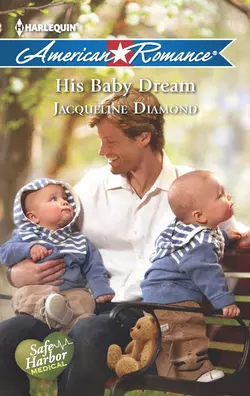His Baby Dream

Jacqueline Diamond
Тип: электронная книга
Жанр: Современные любовные романы
Язык: на английском языке
Стоимость: 458.46 ₽
Статус: В продаже
Издательство: HarperCollins
Дата публикации: 16.04.2024
Отзывы: Пока нет Добавить отзыв
О книге: Determined To Be A Dad Biology teacher Peter Gladstone may have lost his beloved wife, but the tragedy only strengthened his resolve to create a family. With a donor egg and a surrogate mom, Peter is sure to be a proud papa soon, thanks to the fertility specialists at Safe Harbor Medical. Harper Anthony seems like the perfect choice for the donor. She’s smart, beautiful, and a great mom to her young daughter.The problem is, Peter has recently become reacquainted with the young widow and now sees her as a friend – or maybe something more than a friend. And Peter has chosen to keep his identity a secret. If the truth comes out, the consequences may threaten their budding romance. But only the truth can turn them into a family…